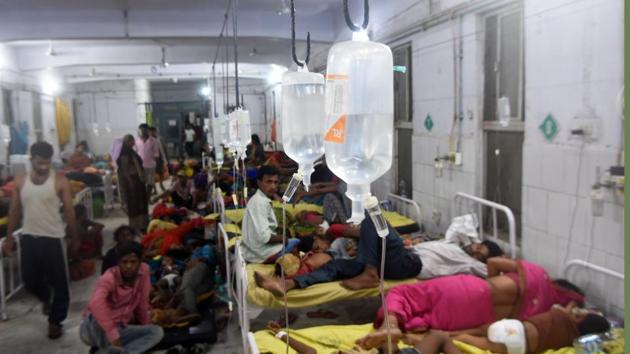$80 out of pocket per year: Health burden in developing nations
According to a World Bank report,
People in developing countries spend half a trillion dollars—$80 per person—out of their own pockets to access health care services each year because the governments don’t spend enough, said a World Bank report released on Thursday ahead of the G20 summit.

There is likely to be a shortfall of $176 billion in government spending on health care in 54 of the poorest countries by 2030, the deadline for the sustainable development goal of universal health coverage. “Health is an essential human capital investment that countries must make for their people to succeed at school and at work. We must act urgently to fix the insufficient, inefficient, and inequitable financing of health that is holding back people and countries,” said Kristalina Georgieva, CEO of the World Bank. “The majority of developing countries will fail to achieve their targets for universal health coverage and the health and poverty related sustainable development goals unless they take urgent steps to strengthen their health financing,” said the report titled High Performance, High Financing for Universal Health Coverage.
This lack of universal access to quality and affordable healthcare services hits the poor the hardest, with 3.6 bn people not receiving the most essential health services they need and 100 million people being driven into extreme poverty each year.
India hopes to keep people from debt and poverty with its national health insurance scheme called Ayushman Bharat, which provides a ₹5 lakh annual cover to the poorest 10 crore families.
“Ayushman Bharat has already taken a big leap towards universal health coverage – the national scheme covers 40% of the poorest people, coupled with benefits extended by the state governments nearly 65% of the people in the country have already been covered,” said Dr Indu Bhushan, CEO of Ayushman Bharat scheme. “Ayushman Bharat does not cover the costs of out-patient consultations and medicines, but expenditure on primary care can still be borne by people; the expenditure on tertiary care is catastrophic, pushing people to sell assets,” he added.
The report also addresses the inefficiencies and inequalities in health care services; on average 20% to 40% of health funding is wasted. Insurance is not the way to go, health experts believe. “In the long run, it promotes more procedures and diagnostic tests over preventive health,” said Samik Chowdhury, who works in health policy research.






